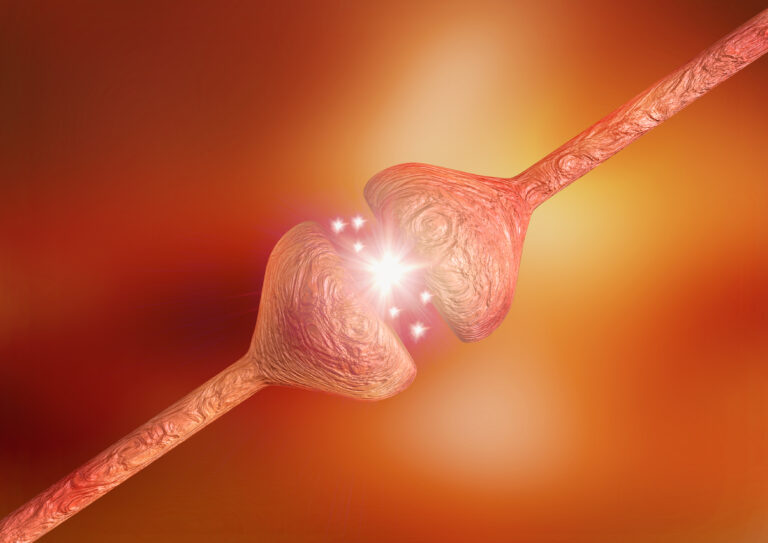Deciding whether to take apple cider vinegar (ACV) in the morning or at night depends largely on your health goals and how your body responds to it, but most evidence and expert recommendations suggest taking it **before meals**, which often means in the morning before breakfast or before other main meals during the day.
Apple cider vinegar has been studied primarily for its potential benefits in **blood sugar control, weight management, and appetite suppression**. The timing of intake is important because ACV’s effects are linked to how it interacts with digestion and metabolism.
### Why Take Apple Cider Vinegar Before Meals?
1. **Blood Sugar Control**
ACV may help lower blood sugar levels by slowing the digestion of carbohydrates, which leads to a more gradual rise in blood glucose after eating. Studies suggest that consuming 1 to 2 tablespoons (15-30 ml) of ACV diluted in water about 15-30 minutes before meals can improve post-meal blood sugar levels, especially in people with insulin resistance or type 2 diabetes[1][3]. This timing allows the vinegar to act during digestion, moderating glucose absorption.
2. **Appetite Suppression and Weight Management**
Taking ACV before meals may promote feelings of fullness, which can reduce overall calorie intake. Research indicates that vinegar consumption is associated with modest reductions in body weight, BMI, and waist circumference, particularly when taken daily in doses around 15-30 ml[2][6]. The appetite-suppressing effect is believed to be stronger when ACV is consumed before eating, helping to reduce overeating.
3. **Digestive Benefits**
Some people find that ACV taken before meals helps with digestion, possibly by increasing stomach acidity and enzyme activity, although scientific evidence is limited. Taking it before meals may optimize this effect.
### Morning vs. Night: What Does the Evidence Say?
– **Morning Intake**: Taking ACV in the morning before breakfast is common because it can help regulate blood sugar spikes after the first meal and may kickstart metabolism. For those aiming to control blood sugar or manage weight, morning intake before breakfast or other meals is generally recommended[1][5].
– **Night Intake**: Some people take ACV at night, diluted in water, to potentially aid digestion or maintain blood sugar control overnight. However, there is less research supporting the benefits of taking ACV right before bed. Additionally, because ACV is acidic, taking it at night without food might cause stomach discomfort or acid reflux in some individuals.
### How to Take Apple Cider Vinegar Safely
– **Dilution is Key**: ACV is highly acidic and can damage tooth enamel or irritate the throat if taken undiluted. It should always be diluted in at least 6-8 ounces (about 180-240 ml) of water[1][4].
– **Start with Small Amounts**: Begin with 1 teaspoon diluted in water and gradually increase to 1-2 tablespoons if tolerated.
– **Avoid Replacing Medications**: ACV should not replace prescribed treatments for diabetes or other conditions. Always consult a healthcare provider before starting ACV for medical purposes[3].
– **Rinse Your Mouth**: After drinking ACV, rinse your mouth with water to protect your teeth from acid erosion[4].
### Potential Side Effects and Considerations
– Some people may experience digestive discomfort, nausea, or throat irritation.
– ACV can interact with certain medications, such as diuretics or insulin, so medical advice is important.
– The evidence for many claimed benefits is still emerging, and some studies have been retracted or criticized for methodological flaws[4].
### Summary of Recommendations from Research and Experts
| Timing | Benefits | Considerations |
|——————|——————————————-|—————————————|
| Before Meals | Best for blood sugar control, appetite suppression, and weight management[1][2][5] | Dilute well; may cause mild digestive discomfort in some |
| Morning (before breakfast) | Helps regulate blood sugar after first meal; may boost metabolism[1][5] | Avoid undiluted ACV; rinse mouth afterward |
| Night (before bed) | Less evidence for benefits; may aid digestion for some | Risk of acid reflux or stomach irritation if taken on empty stomach |
In conclusion, **taking apple cider vinegar diluted in water about 15-30 minutes before meals, including in the morning before breakfast, is generally considered optimal** for harnessing its potential benefits related to blood sugar and weight management. Nighttime intake is less supported by evidence and may cause discomfort for some people.
—
**Sources:**
[1] Healthline, “Try Apple Cider Vinegar Before Meals to Help Control Blood Sugar,” 2025
[2] News-Medical, “How much apple cider vinegar reduces weight? Meta-analysis points to 30 mL daily,” 2025
[3] Medical News Today, “How to take apple cider vinegar: Dose and recipes,” 2025
[4] Phys.org, “Journal retracts study linking apple cider vinegar to weight loss,” 2025
[5] Bubs Naturals, “What Time of Day Should I Take Apple Cider Vinegar for Optimal Benefits,” 2025
[6] Nutrients, “Effect of Apple Cider Vinegar Intake on Body Composition in Humans with Type 2 Diabetes and/or Overweight,” 2025





